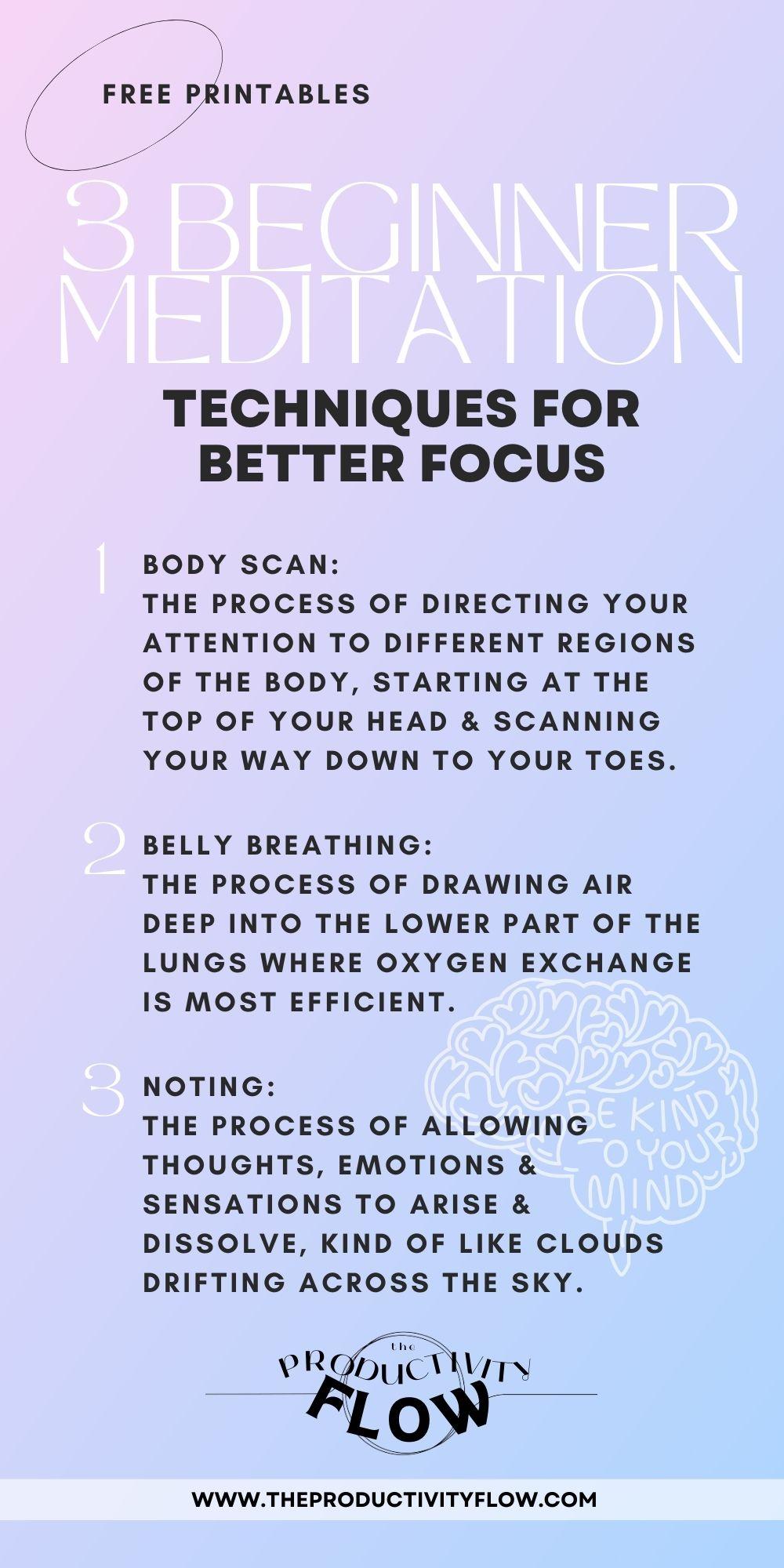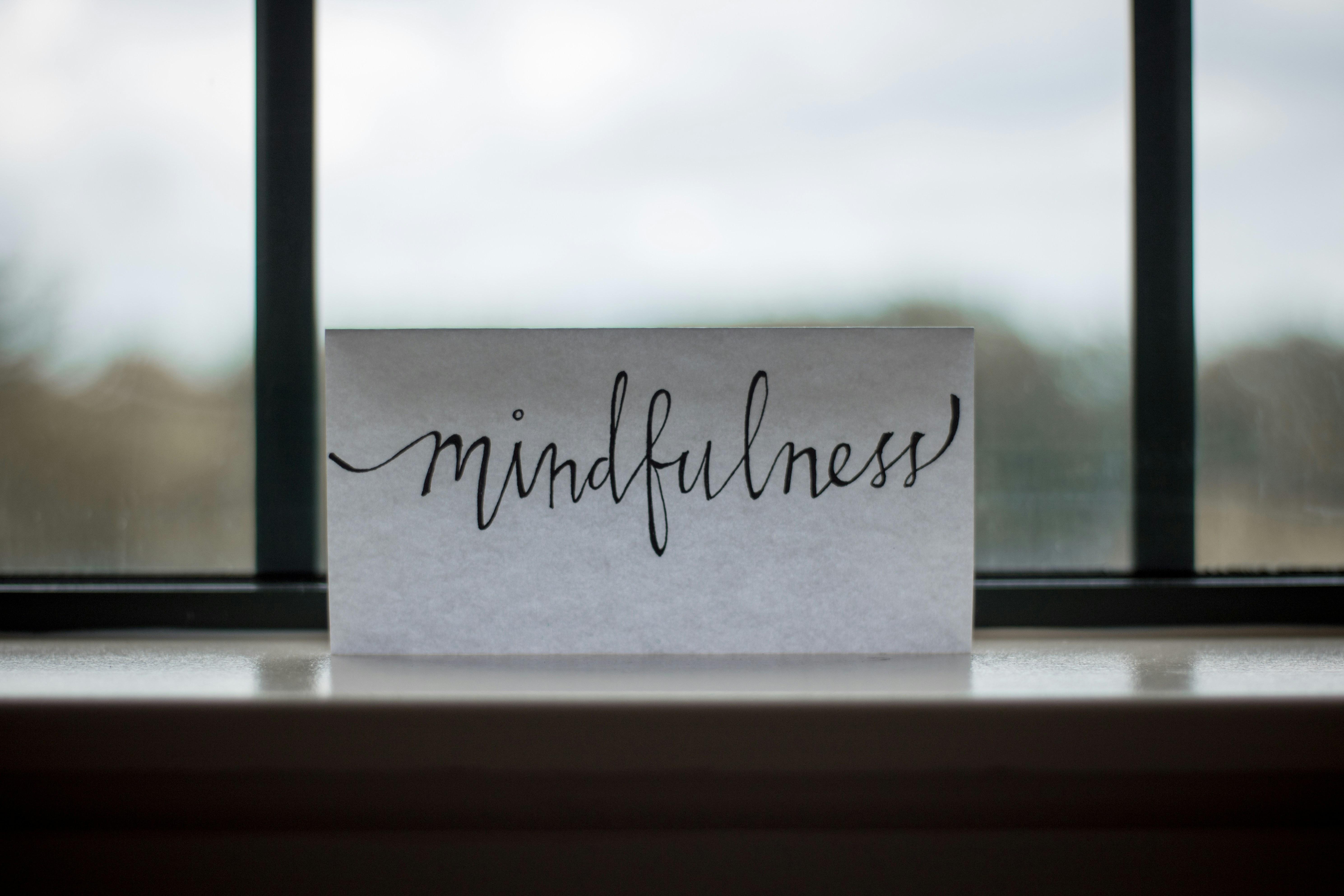In the bustling symphony of modern life, where the cacophony of notifications and deadlines often drowns out the subtle whispers of our inner selves, the ancient practice of meditation emerges as a potential sanctuary. A timeless art of stillness, meditation invites us to pause, breathe, and reflect amidst the relentless pace of the digital age. But can this simple act of sitting in silence, a practice that has transcended centuries and cultures, truly enhance the quality of our lives on its own? This article embarks on a journey to explore the depths of meditation’s promise, examining whether the act of quieting the mind can indeed ripple outwards, touching and transforming the myriad facets of our daily existence. As we delve into the intersection of mindfulness and modernity, we aim to uncover the truths and myths surrounding meditation’s solitary power to uplift and enrich our lives.
Exploring the Science Behind Meditations Impact on Well-Being
The profound effects of meditation on our mental and physical health have been a topic of growing interest within the scientific community. Numerous studies have suggested that this ancient practice can foster significant improvements in overall well-being. At the core of these benefits lies the ability of meditation to reduce stress, which in turn can lower cortisol levels and enhance mood. This reduction in stress is linked to a decrease in symptoms of anxiety and depression, allowing individuals to experience a more balanced emotional state.
Moreover, meditation has been shown to enhance cognitive functions, such as improved focus and memory retention. By engaging in regular practice, individuals often report heightened levels of awareness and concentration, which can translate into better decision-making skills and increased productivity. Additionally, the physiological impacts of meditation cannot be overlooked. It has been associated with lower blood pressure, improved immune response, and even changes in brain structure that support emotional regulation. These elements together form a holistic approach to enhancing life quality through meditation.

Practical Techniques to Enhance Meditations Benefits
To amplify the benefits of meditation, integrating certain practical techniques into your routine can be transformative. Consider creating a dedicated space for your practice, free from distractions and infused with calming elements like aromatic candles or soft lighting. This environment can serve as a sanctuary, fostering a deeper connection to your inner self. Additionally, incorporating mindful breathing exercises can anchor your focus and enhance your overall experience. Breathing consciously not only calms the mind but also enriches the meditation process by allowing you to immerse more fully in the present moment.
Another effective approach is to blend meditation with other wellness practices. Engaging in activities such as yoga, tai chi, or even a simple nature walk before or after meditation can harmonize your mind and body, elevating the meditative experience. Journaling your thoughts post-meditation can also provide insights into your progress and emotional well-being. By reflecting on your sessions, you can identify patterns, set intentions, and cultivate a more profound understanding of your personal journey. Integrating these techniques can transform meditation from a solitary practice into a holistic lifestyle enhancement, fostering greater peace and fulfillment.

Integrating Mindfulness into Daily Routines for Lasting Change
While meditation offers profound benefits, integrating mindfulness into daily routines can amplify these effects, fostering lasting change. Imagine infusing your everyday activities with a sense of presence and awareness. This approach doesn’t require setting aside special time for practice but rather, it encourages you to bring mindfulness into the rhythm of your daily life. Here’s how:
- Mindful Eating: Take the time to savor each bite, noticing the flavors, textures, and aromas. This not only enhances your dining experience but also promotes healthier eating habits.
- Conscious Breathing: Throughout your day, pause for a few moments to focus on your breath. This simple act can help reduce stress and increase your sense of calm.
- Intentional Movement: Whether you’re walking, stretching, or exercising, pay attention to the sensations in your body. This can deepen your connection with yourself and your environment.
- Gratitude Practice: At the end of each day, reflect on three things you are grateful for. This practice can shift your mindset towards positivity and appreciation.
By weaving mindfulness into your routine, you create a tapestry of awareness that supports personal growth and well-being. This holistic approach ensures that the benefits of meditation extend beyond the cushion, enriching every aspect of your life.

Expert Opinions on Meditation as a Standalone Life Quality Booster
Many experts in the field of mental health and wellness emphasize the transformative potential of meditation, asserting that it can be a powerful catalyst for enhancing life quality. Dr. Jane Collins, a renowned psychologist, suggests that meditation offers a profound opportunity for self-reflection and stress reduction. According to her, it encourages a state of mindfulness that helps individuals gain clarity and focus, ultimately leading to improved emotional resilience and well-being.
- Dr. Mark Rivera, a leading neuroscientist, notes that regular meditation practice can lead to significant changes in brain structure, particularly in areas associated with attention and emotional regulation.
- Lisa Chen, a holistic health coach, believes that meditation alone can serve as a cornerstone for personal growth, as it empowers individuals to cultivate a deeper connection with their inner selves.
- Professor Alan Green, an expert in cognitive psychology, highlights that meditation can enhance creativity and problem-solving skills, which are essential for navigating life’s challenges.
While some experts advocate for a multifaceted approach to wellness, integrating meditation with other practices, the consensus remains that meditation on its own can significantly boost one’s quality of life.
Wrapping Up
As we draw the curtain on our exploration of whether meditation alone can enhance the quality of life, we find ourselves at the intersection of ancient wisdom and modern inquiry. The gentle hum of mindfulness invites us to pause and reflect on the myriad ways meditation has woven itself into the fabric of human experience. While it may not be a panacea, its subtle power lies in its ability to transform the mundane into the meaningful, one breath at a time. Whether you choose to embark on this journey with meditation as your sole companion or alongside other practices, the path to improved life quality is uniquely yours to chart. it is perhaps not the destination, but the mindful steps we take along the way, that truly enrich our lives.
